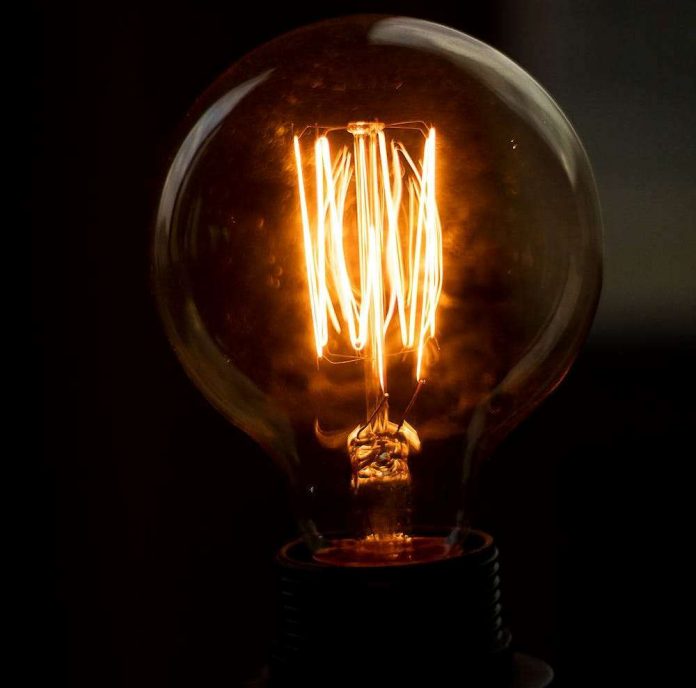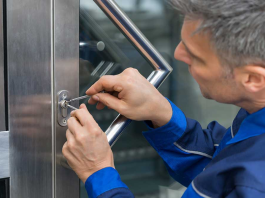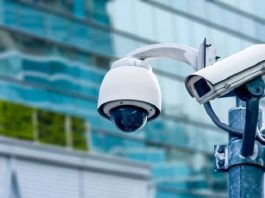As electricity prices around the world continue to rise, many households are trying to cut utility bills to make the next months more comfortable. Others may simply wish to reduce their environmental impact, which includes minimizing energy consumption as an important factor. Regardless of your motivators, one thing is certain – there are a number of simple yet effective ways to save on your energy bills. Here’s how:

Conduct an audit
The first step to lower your energy bills is to conduct a thorough electricity audit. You can do this yourself by simply monitoring your home’s energy consumption, but you can also call an expert to perform an audit – many providers offer this as a free service. If you choose a professional audit, an expert will inspect your home and carry out the necessary tests. They will ask you what your goals and problems are and give you some tips on how to solve the main problems. If you like to do it yourselfhowever, there are many online audit tools that you can use as well.
change light bulbs
Even just changing the light bulbs in your home can help you save energy and money. Instead of choosing incandescent or fluorescent bulbs, opt for LED bulbs with a good Energy Star rating. While these light bulbs may seem more expensive at first glance, they have a significantly longer lifespan and are much more energy efficient than other options. This way, they can save you hundreds of dollars on your energy bill every year.
turn off the lights
Turning off the lights is already a common topic of conversation in many families. While this may seem simple, there is a good reason for this debate. Turning on the light when it’s not needed can easily drain electricity and therefore your budget. In fact, for every 40-watt light bulb that runs for an hour, about 0.04 kWh of energy is consumed, which can lead to a significant increase in electricity bills. This is why it would be better to get used to using natural light and turning off lights that are not being used. The more lights that are turned off, the higher the savings will be.
Install personal pole
If you’re ready for a bigger investment that pays off in the long run, consider installation of an individual power pole as the perfect solution. Private poles are used to connect your property to the distributor’s network and bring electricity to your home without ill-placed service cables. They can provide the power you need for your space and a cleaner front view, which can also be a much safer solution. A private power pole will allow you to decide how electricity will be delivered to your property, providing great long-term benefits in terms of saving energy and money.
Look for air leaks
Check your home for possible air leaks. Consider if windows are squealing, if air is escaping through the front door, if windows and doors are really tightly closed, etc. Properly closing windows and doors can make a huge difference, especially during warm and cold seasons. Air leaks will affect your heating and cooling processes by letting air out and forcing you to regulate the temperature in your home more than necessary. So make sure your home is well sealed to save money on energy.
Program the thermostat
Adjusting the temperature on your thermostat by about 10 degrees for 8 hours each day can allow you to lower your annual electricity bill by 10%. Take advantage of this simple hack. If you have an older system, you can do this by simply turning the thermostat down before bed and then turning it back on when you wake up. However, buying a smart thermostat might be the best choice. These thermostats can be programmed to change the temperature at specific times, they can automatically adjust the temperature depending on the weather, and they also allow you to control the thermostat from your smartphone.
Run full devices
From the washing machine to the dishwasher, there are a number of household appliances we rely on to improve our daily lives. They can be a great water and energy saving solution, but only if used correctly. This means that your appliances should only run when they are filled to capacity, and not just wash a few dishes or items of clothing, for example. If you’re looking to cut your energy bills even further, you might also want to consider line drying your clothes instead of using a dryer – the basics are sometimes really better.
Obviously, there are several ways to reduce your home’s energy consumption. With every little change you make, you’ll see big energy savings, so you can put that money where it really belongs – in your home budget.




